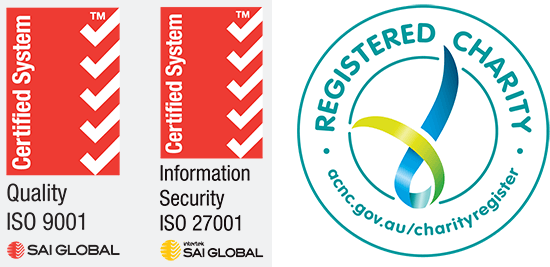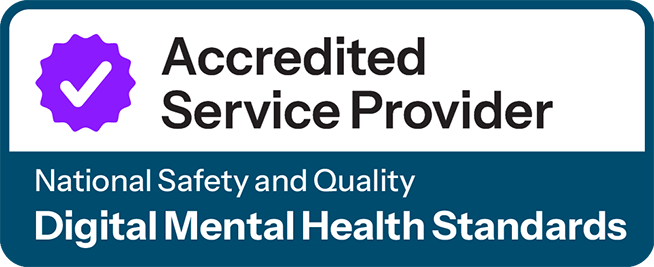Culturally responsive intake and training pilot
8 December 2023 - 30 September 2024
$125,090
Maribyrnong
Overview
Early findings from the NWMPHN Mental Health focused Health Needs Assessment identified that consumers from some language communities and diaspora are not accessing mainstream mental health services due to stigma, and previous poor experience. There are also perceptions relating to lack of cultural training and safety on the part of health organisations.
These findings highlighted the need to understand what effective a culturally responsive initial assessment and referral process looks like and how it differs from what currently occurs in the NWMPHN catchment.
They also highlight the need to understand the best approach to enhance the skills of mental health practitioners to work effectively and safely with people from multicultural communities.
The pilot was conducted in partnership with Pola Practice. It included 2 main components:
- Testing the delivery of the initial assessment and referral decision support tool (IAR-DST) in a culturally responsive intake setting.
- Designing and delivering a training package for commissioned mental health service providers that improves capability and confidence to delivery culturally responsive care.
The pilot objectives were:
- To understand the considerations and nuances of the use of the IAR-DST within multicultural communities to support continuous quality improvement in the NWMPHN referral and access process.
- To design and deliver a training package targeted at mental health service providers to improve capability and confidence to deliver culturally responsive care through structured psychological therapies.
- To understand the effectiveness of the training in enabling clinicians to modify their psychological service delivery and the impact on consumer’s experience of care.
- To determine the suitability of the training for potential scaling to other commissioned mental health service providers.
Outcomes
Outcomes of the IAR-DST trial:
- The pilot concluded that although the IAR-DST covers domains such as family and environmental and social stressors, clinicians may not intuitively explore the implications, such as the interplay between family dynamics, wellbeing, cultural identity, mental health, and the effects of historical trauma and ongoing marginalisation.
- Results showed that clinicians could achieve a culturally responsive assessment using the tool by incorporating their own cultural awareness and culturally informed clinical judgement.
- The current IAR-DST training package designed by the Commonwealth does not actively address how to integrate cultural awareness into assessments. NWMPHN recognises the opportunity for cultural awareness modules to be incorporated into future iterations of the training for the tool, and can explore how its Referral and Access team can incorporate culturally responsive practices in its use of the IAR-DST.
Outcomes of the training program:
- The pilot found that the training program improved participating clinicians’ capability and confidence to deliver culturally responsive care. Clinicians reported increased self-awareness and critical reflection, deeper exploration of professional roles, enhanced understanding of cultural dimensions in therapy, improved confidence and intentionality and a refreshed understanding of the key components of culturally responsive practice.
- The results also identified substantial variation in the foundational understanding of cultural awareness, intersectionality, and clinical practice among participating clinicians, and highlighted an opportunity for NWMPHN to define the expected capability requirements of commissioned providers in culturally responsive practice. Similarly, NWMPHN can explore and define how commissioned service providers will demonstrate the expected capability requirements.
Page updated 19 August 2025.






